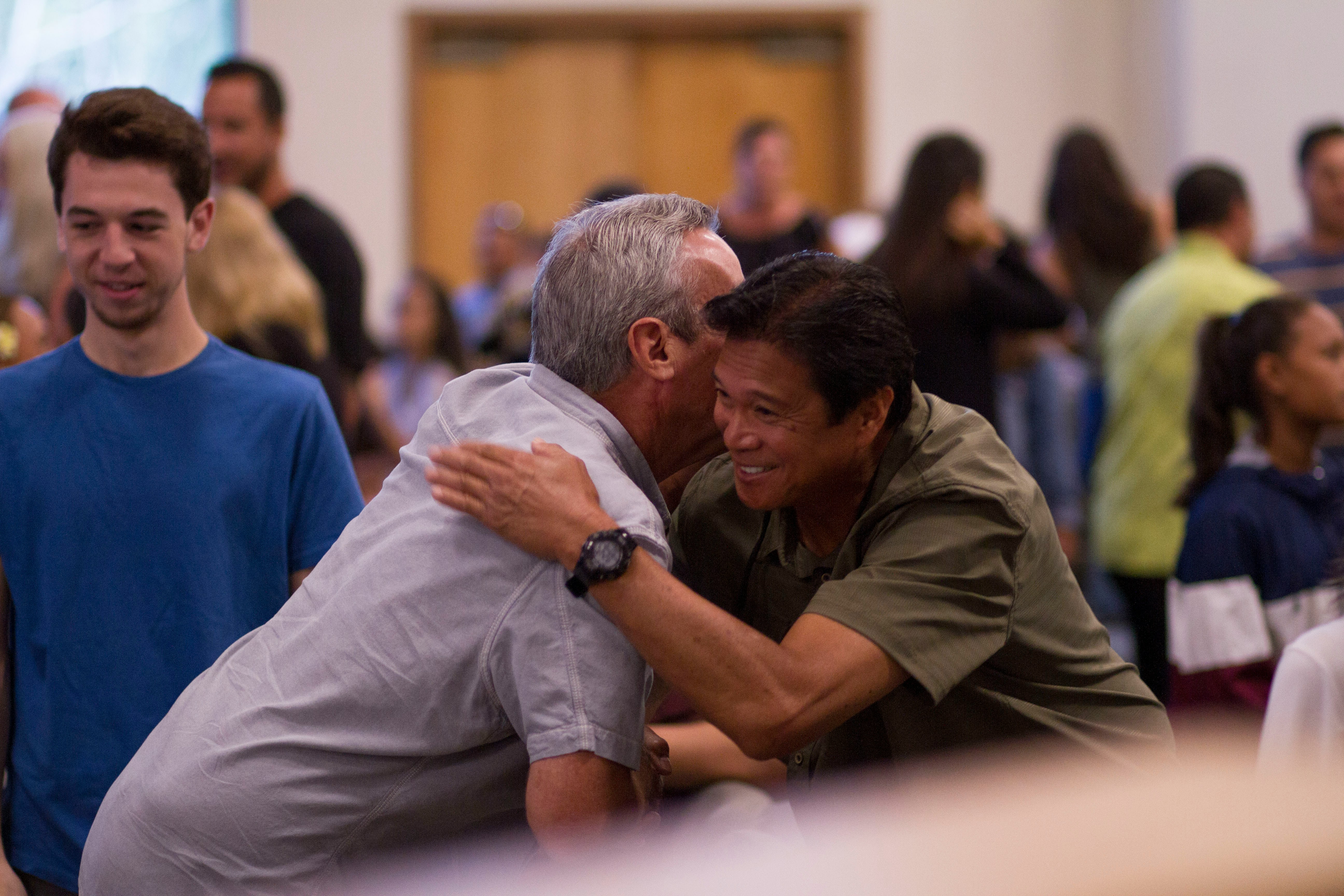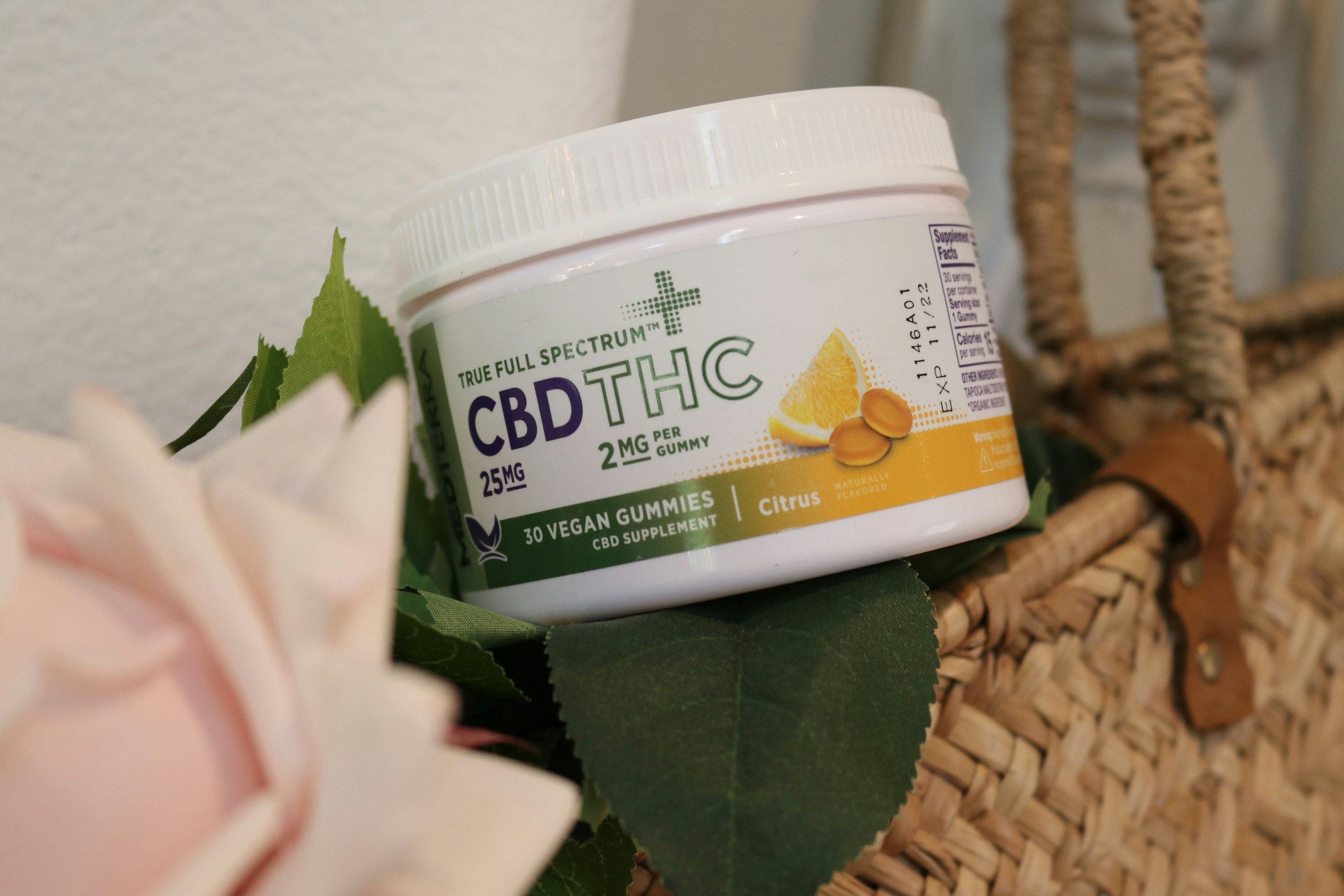The LGBTQ+ community encompasses diverse individuals who do not identify as cisgender or heterosexual. While this community is often celebrated for its vibrant culture and resilience, it also faces a troubling reality – disproportionately high rates of substance abuse and addiction. Studies show that approximately 30 percent of LGBTQ+ adults struggle with substance misuse, a staggering figure compared to the 9 percent prevalence among the general population.
This disparity points to the unique challenges and barriers faced by queer individuals, which can serve as catalysts for substance use disorders. From social stigma and discrimination to a lack of culturally competent healthcare, the LGBTQ+ community navigates a complex web of adversity that heightens their vulnerability to addiction. Understanding the root causes behind this public health crisis is crucial in developing tailored interventions and fostering more inclusive recovery pathways.
The Prevalence of Substance Abuse in the LGBTQ+ Community
Extensive research has documented the alarming substance use patterns within the LGBTQ+ population.
According to the 2020 National Survey on Drug Use and Health (NSDUH), about 21.8 percent of sexual minority adults had an alcohol use disorder (AUD) in the past year, nearly double the 11 percent rate in the general population.
Minority Stress and its Impact on Substance Use
A key driver behind the substance abuse epidemic within the LGBTQ+ community is the concept of “minority stress,” which is the negative effects associated with the adverse social conditions experienced by individuals belonging to a marginalized group. For queer people, this stress manifests in the form of pervasive discrimination, social prejudice, and the constant threat of violence.
Antigay and antitransgender attitudes, whether expressed overtly or subtly, create a hostile environment that undermines the sense of safety and belonging for LGBTQ+ individuals. Extreme incidents, such as physical attacks fueled by homophobia, can lead to lasting trauma and post-traumatic stress disorder (PTSD).
Beyond interpersonal discrimination, the LGBTQ+ community also faces systemic barriers in areas like employment, housing, and healthcare. The lack of legal protections against sexual orientation and gender identity discrimination in many states exacerbates this minority stress, jeopardizing economic security and access to essential services. Unsurprisingly, this confluence of stressors drives many queer individuals to turn to substances as a means of coping and self-medication.
Barriers to Culturally Competent Healthcare
The healthcare system itself poses another significant obstacle for LGBTQ+ individuals struggling with substance use disorders. Many queer people are hesitant to seek treatment due to a well-founded fear of encountering healthcare providers who lack cultural competency or are outright hostile toward their identity.
Historically, many substance abuse rehabilitation centers have neglected to address the unique challenges faced by queer patients, such as navigating societal rejection, family problems, and social isolation.
The result is a troubling cycle – those in the LGBTQ+ community delay or avoid seeking help, which in turn perpetuates high rates of untreated substance use disorders within the community. Addressing this gap in culturally responsive care is crucial to reducing substance abuse disparities.
Co-occurring Mental Health Conditions
Substance use disorders within the LGBTQ+ community are often accompanied by co-occurring mental health conditions, such as depression, anxiety, and PTSD. The minority stress experienced by queer individuals can contribute to the development of these co-occurring issues, which in turn can exacerbate substance abuse patterns.
Research shows that LGBTQ+ adults are more likely to report frequent mental distress and higher rates of clinical depression compared to their heterosexual counterparts. Transgender and non-binary individuals, in particular, exhibit alarmingly high levels of depression, suicidality, and self-harm.
The Importance of Specialized Treatment and Recovery Support
Given the unique challenges faced by the LGBTQ+ community, traditional addiction treatment programs often fall short of meeting their specific needs. Many queer people are hesitant to seek help from mainstream treatment centers, fearing discrimination and a lack of cultural competency.
Fortunately, a growing number of rehabilitation facilities and recovery support services are recognizing the importance of tailored, LGBTQ+-affirming programming. These specialized offerings include gender-inclusive housing, support groups led by queer peers, and therapy that addresses the intersections of identity, trauma, and addiction. Mountainside has LGBTQ+ clinical treatment and support groups and community events for queer individuals.
Recovery Support for the LGBTQ+ Community
While the LGBTQ+ community faces added challenges when it comes to obtaining addiction treatment, those struggling with substance abuse should always reach out for help. There are many ways to seek treatment in spaces that are inclusive of the needs of queer people:
- LGBTQ+ 12-Step Meetings and Support Groups – Programs such as Alcoholics Anonymous (AA) and Narcotics Anonymous (NA) and support groups for LGBTQ+ people can offer peer guidance in a comfortable setting for community members. These meetings are places of healing, communication, and solidarity, and can help members learn important healthy coping mechanisms, communication skills, and aftercare steps.
- LGBTQ+-Inclusive Addiction Treatment – To avoid discrimination that LGBTQ+ people often face in healthcare, addiction treatment centers are creating inclusive programming to better suit the needs of the queer community. Having gender-affirming housing at rehabilitation centers and providing therapy that is inclusive of the LGBTQ+ community’s unique needs are steps that treatment centers are taking toward inclusivity.
- LGBTQ+ Recovery Coaches – In the same way that queer people seek out queer therapists, finding a recovery coach should be no different. Openly queer recovery coaches are there to guide patients after treatment and help them find the normal in their new, sober lifestyle.
- LGBTQ+ Community Centers – These centers can offer additional support, help create community connections, host 12-step meetings, and allow community members to meet in a sober, safe space.
Pathways to Recovery and Resilience
While the substance abuse crisis in the LGBTQ+ community is a significant challenge, there are also inspiring stories of resilience and recovery. Prominent figures within the queer community, such as Elton John, Colton Haynes, and Ty Herndon, have openly shared their journeys of overcoming addiction, offering hope and inspiration to others.
Beyond high-profile individuals, countless LGBTQ+ people have found paths to sobriety and wellness, often by tapping into specialized treatment options and recovery support networks. These individuals have learned to navigate unique obstacles, develop effective coping strategies, and cultivate a sense of community and self-acceptance.
As the LGBTQ+ community continues to advocate for greater visibility, acceptance, and equal rights, the substance abuse crisis within the LGBTQ+ population must remain a central focus. By addressing the root causes of minority stress, improving access to culturally competent healthcare, and expanding specialized recovery resources, we can empower queer individuals to break free from the cycle of addiction and embrace a future of health, happiness, and fulfillment.
If you or a loved one is struggling with addiction, Mountainside can help.
Click here or call (888) 833-4676 to speak with one of our addiction treatment experts.

 By
By 







